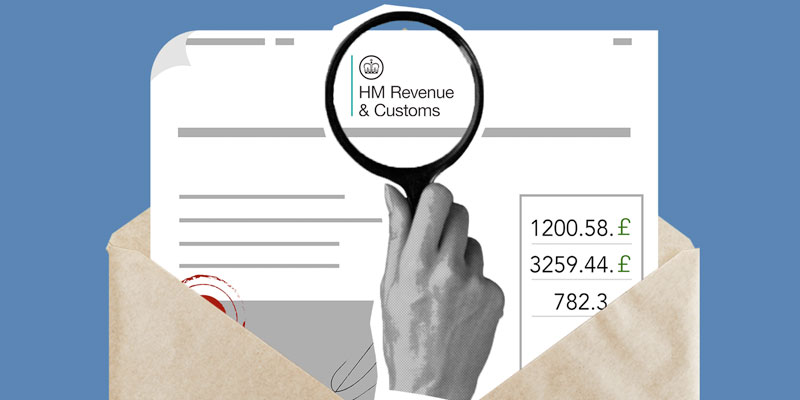
Death and taxes: not quite as certain as you think
When Australian palliative care giver Bronnie Ware1 decided to chronicle the most common regrets of people who are dying, you won’t be surprised to hear that “I wish I could continue to pay tax after I’m gone” was not on the list. Yet paying more tax on the assets you’ve already been taxed on during your life is as apt a description of Inheritance Tax as you will find. Your home, savings, pension fund, and pretty much anything of value, are all taken into account when HRMC calculate the sum that they’ll be taking 40% of. Yes, 40% of anything above £325,000 will go to HMRC. Now that may seem like a large amount but an average family home and an average life insurance policy will take you above this threshold. Add in a pension and some savings and the tax bill starts to snowball.
There are quite a few myths and half-truths surrounding ways to reduce an Inheritance Tax bill. There’s no substitute for qualified, professional advice but we’re going to highlight some of the most common misconceptions about ensuring how more of what you worked for goes to your loved ones.
Giving your home to your children while you are still alive
Anything you gift to someone is exempt from Inheritance Tax if you live for seven years after making the gift (the so called ‘seven year rule’). If you die before seven years have elapsed there is a sliding scale of the amount of tax that will be due on the gift. Gifting your home is a different matter. If you gift (transfer ownership of) your home to say your children and continue to live there, you will have to pay a market rate of rent2, pay your share of the bills, and live there for seven years if you want to avoid tax. If you don’t fulfil these criteria the value of your home will be added to your estate for tax purposes. Also, simply telling HMRC that “Mum paid us rent” will not be enough. You’ll need a paper trail (bank statements or tenancy agreement) to prove you were paying rent.
Other types of gifts
Other gifts, such as giving a cash sum to your children or grandchildren, are also subject to the seven year rule on a sliding scale, depending on how long you live after making the gift. There are some exceptions that let you make a gift tax free. You can gift £5,000 to your children or step-children for their wedding or civil partnership and it won’t be taxed. For your grandchildren the sum is £2,500 and for anyone else it’s £1,000. There is also a £3,000 annual gift allowance that isn’t subject to the seven year rule.
Pensions
Your pension isn’t normally considered to be part of your estate for the purposes of Inheritance Tax. However, if you’ve drawn down (taken a lump sum out of) your pension before you die then this sum will be added to the value of your estate. Every pension has a nominee who receives the pension fund in the event of your death. Typically this is your spouse but it could be your children, grandchildren, or a close friend if you choose. The important consideration here is that if you die over the age of 75 the beneficiary will be taxed on any money they receive at their normal income tax rate.
Paying for your own care
As a nation we’re living longer but many people need professional care in their later years. If you have assets worth more than £23,250 then you’ll be expected to pay all of your care home fees yourself. The average cost of a care home is £800 per week and the average cost of a nursing home is £1,078 per week3. There are two things that you should be aware of regarding paying for care. If your local council believes you have disposed of assets in order to bring you below the threshold for paying for care, then they can charge you as if the assets (your home, cash, etc) were still part of your estate. Most importantly, the seven year rule does not apply here. The council can investigate the disposal of assets outside of the seven year window.
If all of this sounds terribly complicated then that’s because it can be but it doesn’t have to be. None of us wants to think about death or having to move into a care home, but with careful planning now you can spare your family the additional stress of navigating financial and tax matters when you die.
To find out more about how we can help you plan for Inheritance Tax or care fees, call us today at B&L Solicitors on 020 8288 3522.
1. https://www.ncbi.nlm.nih.gov/pmc/articles/PMC3377309
2. https://www.gov.uk/inheritance-tax/passing-on-home
3. https://www.ageuk.org.uk/information-advice/care/paying-for-care/paying-for-a-care-home
Legal disclaimer
The articles published on the website are intended to be for general information purposes only. These articles do not constitute legal advice, nor should they be used as a complete or authoritative statement of the law in England and Wales and should not be treated as such. Whilst every effort is made to ensure that the information is correct, no warranty, either express or implied, is given as to their accuracy, and no liability is accepted for any errors or omissions. Before acting on any of the information contained in any of these articles, expert advice should be sought.
Keep me in the Legal Loop!
Sign up with your email address to receive news and updates.
We respect your privacy.
